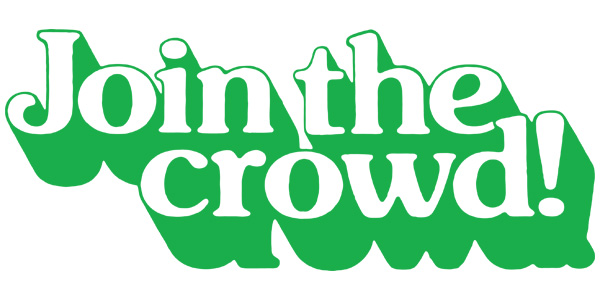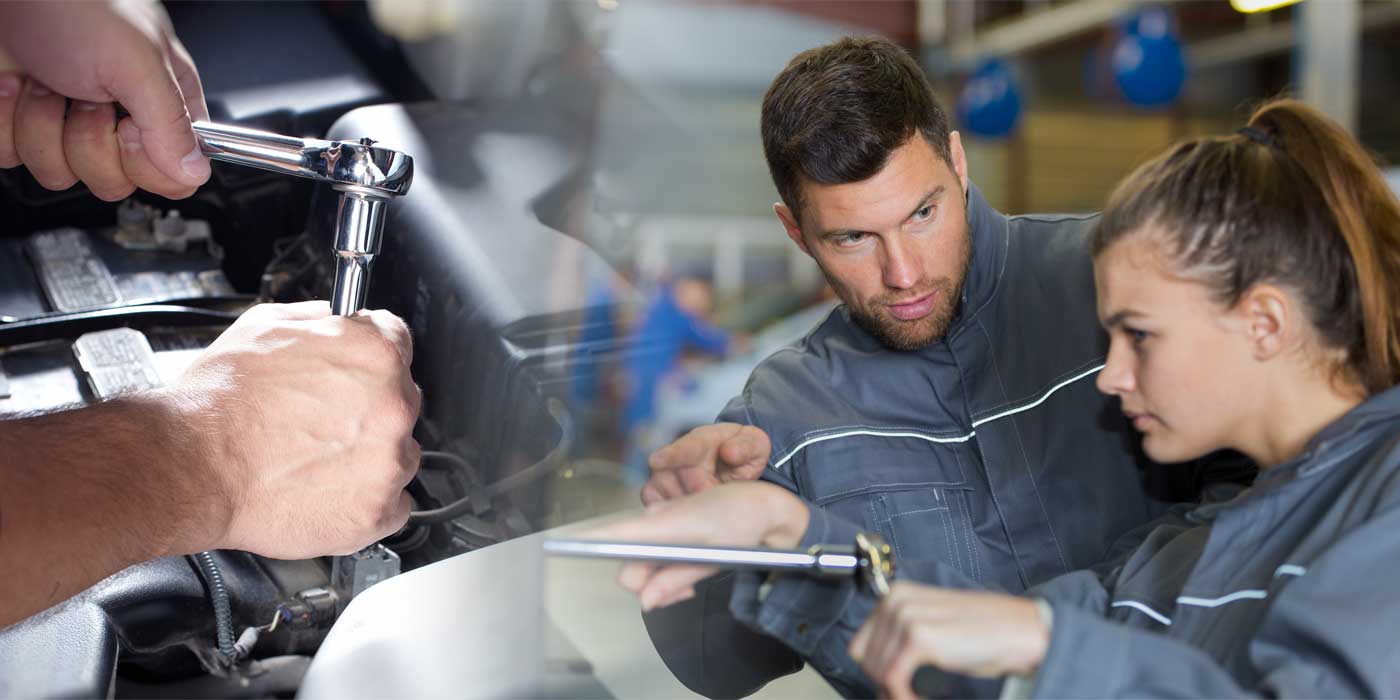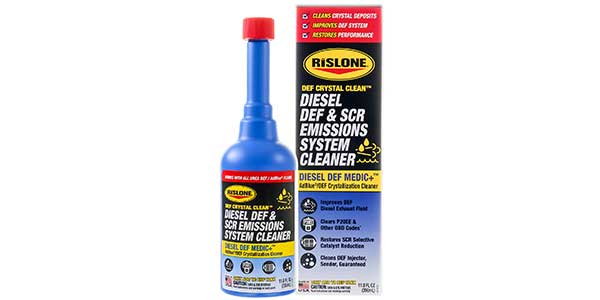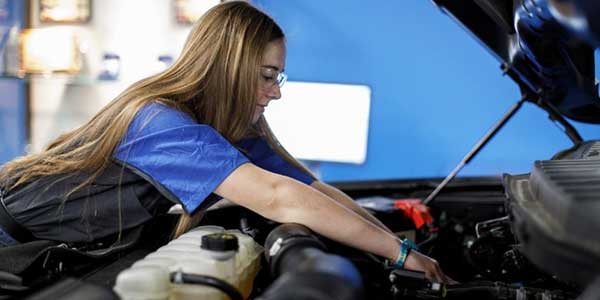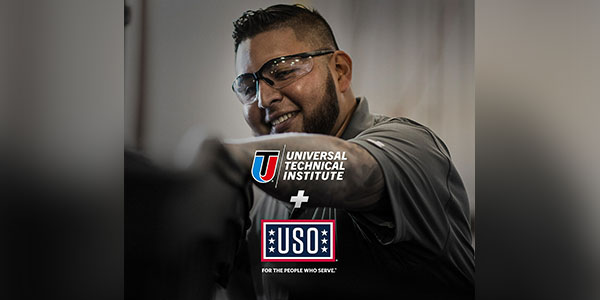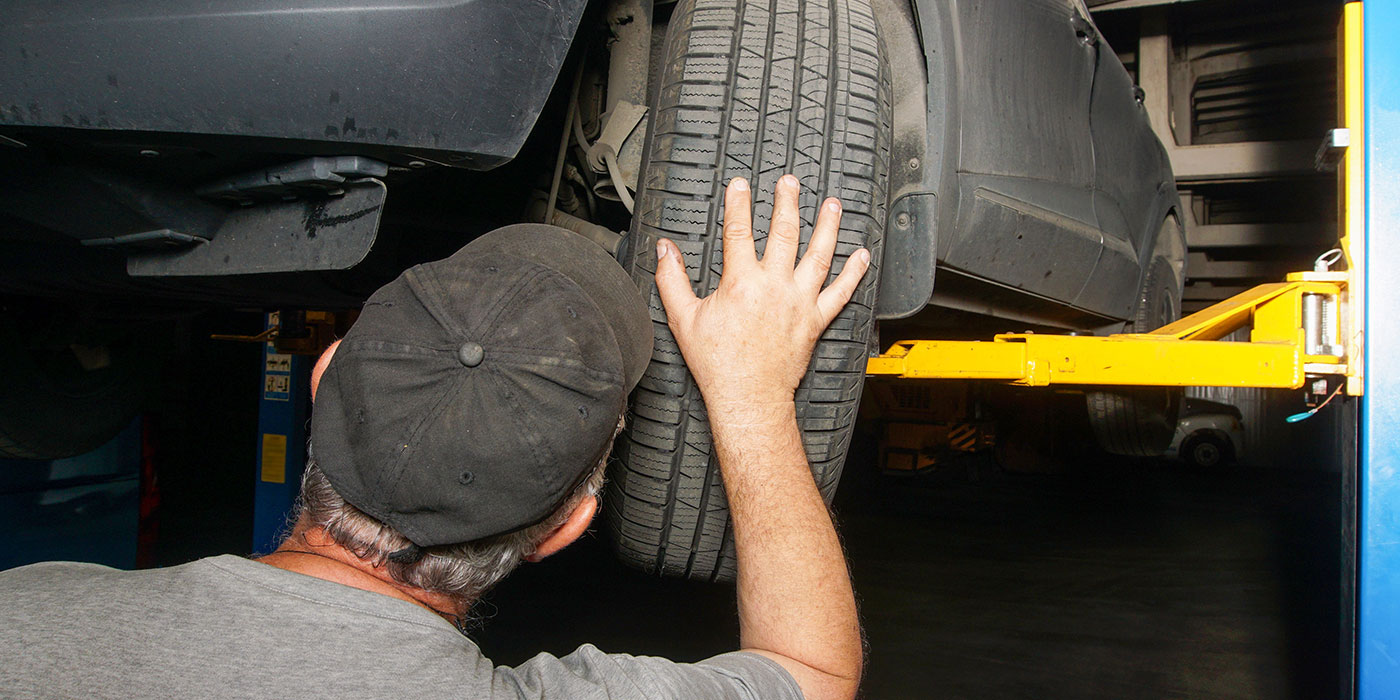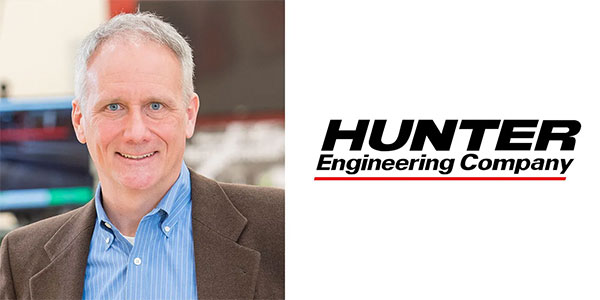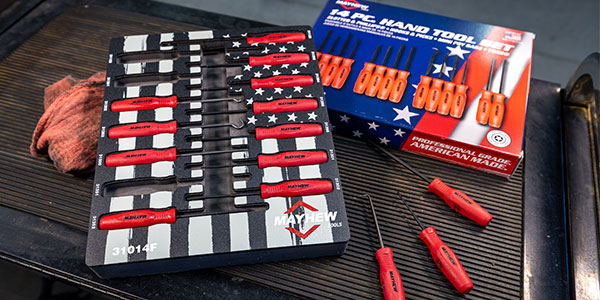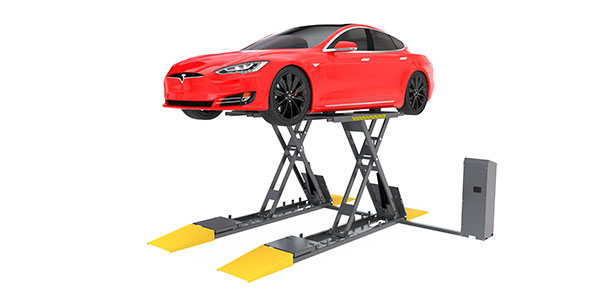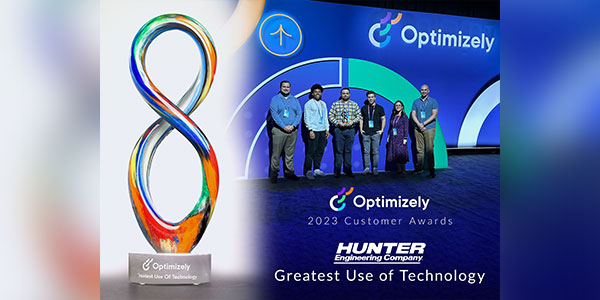Lately, there has been a lot of talk in the industry regarding automotive subscriptions as a new and innovative ownership model. The fact is, the subscription model has been with us for a long time. However, most current models merely fill the gap between short-term subscription (daily rental) and long-term subscriptions (leasing).
This increased interest in auto subscriptions seems to be spurred by autonomous vehicles. However, while autonomous vehicles can reduce the inconvenience of having to return the Enterprise driver to the lot, the technology does not change the fundamental economics. Mass adoption of medium-term subscriptions must address the steep early depreciation curve and high remarketing costs, which require high fleet utilization and rapid, frictionless vehicle redeployment from customer to customer.
There is also a hidden assumption that subscriptions will be the demise of the franchise dealer model. Some prophesize dealers will be replaced by fleet management companies who buy direct from manufacturers. Well, not only do these arguments underestimate franchise law resilience, but they also fail to appreciate certain natural dealer group advantages in executing a subscription model.
Let’s look at those advantages.
- Dealers are established. Dealers already have the local footprint to allow consumers to view and test-drive vehicles. While perhaps less important, because one doesn’t need to live with mistakes as long, many consumers will still want to try before they buy.
- Service departments. Dealers are better equipped to service vehicles throughout the vehicles’ useful fleet lifespan.
- Flexible utilization. The most important reason why auto subscriptions can work for dealers is because they have several mechanisms to manage utilization more seamlessly by shifting vehicles from fleet, to service loaners, to used vehicle inventory, in order to maximize asset value at any given time.
Mike Jackson, chairman, CEO and president of AutoNation, Inc. described the underpinnings of this strategy in an Automotive News article. AutoNation is accumulating assets to maximize customer and asset values over time. Large dealer groups can offer consumers any vehicle that meets their needs, new and used, then service those vehicles according to OEM standards and efficiently transition vehicles to other owners, or outside the ecosystem when needed.
This economic model is compelling, and it will be difficult for pure fleet management companies to replicate. Smaller dealers do not necessarily go away, but may need to partner with larger fleet operators to service and sell pre-owned vehicles no longer meeting the fleet standard, or for help adjusting fleet mix and size.
Shifting from a traditional model to supporting large consumer fleet operations involves many significant changes, including service operations. Effectively, fixed operation changes from a profit center to a cost center, with new demands. Subscription rates will likely include depreciation, capital and maintenance charges, so essentially service revenues get “locked in.”
Dealers will still need to reach consumers and invite them to service, but consumers may be less committed to regular service because they do not own the asset. Dealers will need to address convenience issues, as well as better identify preventive maintenance issues during scheduled idle time.
In this scenario, service operation efficiency becomes a key differentiator, as maintenance cost per mile becomes more explicit. Dealers who have relied on high-margin, dealer-recommended items to drive service profits will need to shift their focus to increasing throughput, maximizing labor effectiveness and reducing rework. Industrial engineering will trump salesmanship.
How pervasive automotive subscriptions become will depend greatly on how well innovators address the fundamental economic barriers. However new ownership models evolve, as a dealer you will have the opportunity to benefit from new subscription models in the same way you have with leasing. You just need to think through the implications on their operations and evolve with the market.

